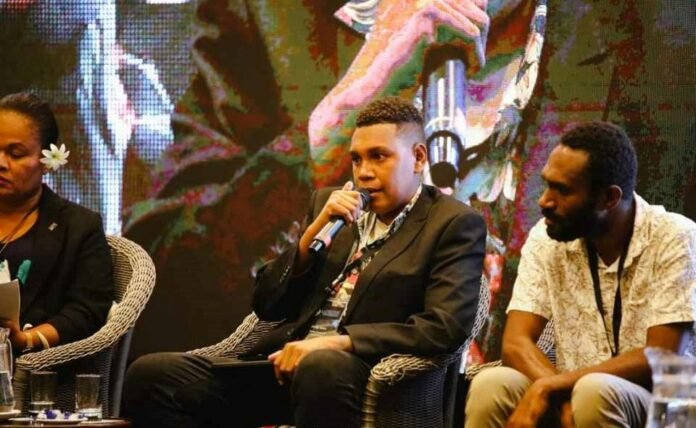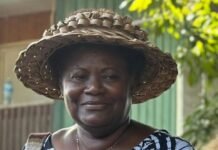

BY JOY OFASIA
PRESIDENT of the Malaita Youth Council, Phillip Subu, vows to advocate for gender-responsive actions and environmental governance to address the effects of climate change in the Solomon Islands.
Subu was among the 11 Solomon Islanders who recently attended this year’s Regional Conference on Gender Responsive Climate Policy and Environmental Governance in Fiji, and his focus on gender equality is crucial for building a sustainable and resilient future in the country.
The two-day regional conference [held from January 29th to 30th], which was organized by Dialogue Fiji, aimed to explore ways to strengthen and operationalize the gender responsiveness of climate policies within three Pacific Island countries: Fiji, the Solomon Islands, and Vanuatu.
Phillip said they have gained insights from the conference on the importance of learning from Pacific participants on environmental governance and gender-responsive actions.
“The gender responsiveness of climate policies in Fiji, the Solomon Islands, and Vanuatu is important because it targets our vulnerable people, like women and girls. Sometimes, women and girls are left out of climate change initiatives, and sometimes their voices do not matter.
“To strengthen these policies, it is important to engage women and girls in policy formulation and review and also engage them in the implementation phase.
“Hence, policies must connect right down to the people,” Phillip Subu, who is also the Program Manager of Mala I Tolo Indigenous Guardianship Trust, told SOLOMON WOMEN.
As a youth leader, Subu said he appreciated the opportunity to learn about gender-responsive climate change policies in Fiji and Vanuatu.
“Well, as a youth representative, it is a great opportunity to understand how gender-responsive action affects climate change policies in Fiji and Vanuatu. It is a platform where we learn from each other and build on the work that is happening in Fiji, Vanuatu, and the Solomon Islands.
“Also, it enriches my knowledge and understanding of gender-responsive climate change policy and environmental governance,” he said.
Recognizing the nature of climate change and gender issues, Subu said that by amplifying the voices of women and girls, who often face unique challenges and vulnerabilities in climate-affected areas in the country, the approach will ensure that no one is left behind in the fight against climate change.










































